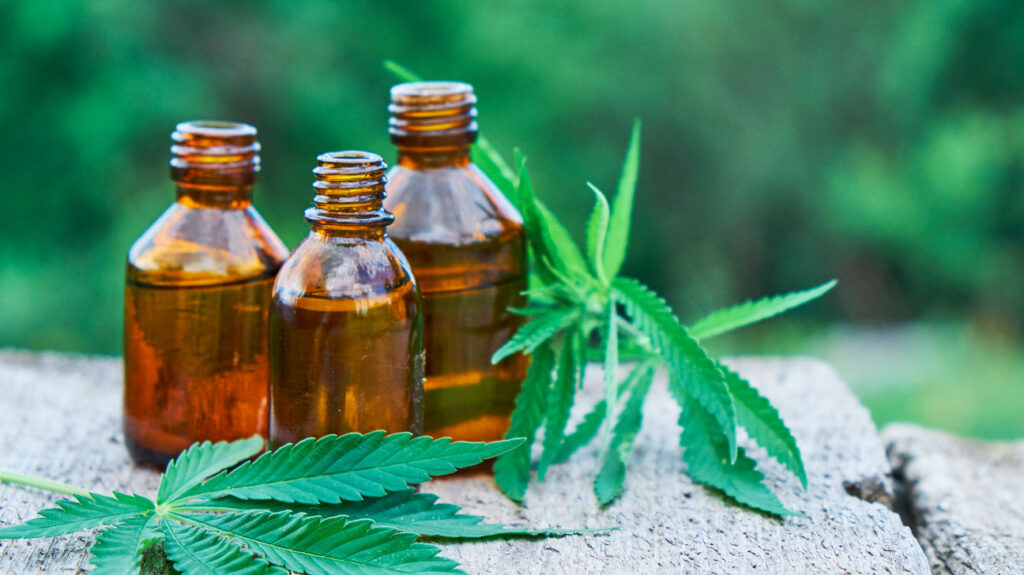A new study published in Neuropharmacology has found that an ultra-low dose of cannabidiol (CBD) may effectively reverse some of the behavioral and molecular effects of chronic stress, a major factor contributing to depression.

CBD tinctures.
Researchers from the University of Barcelona and the University of Greifswald administered a low dose of CBD (1 mg/kg) to mice subjected to chronic stress, a model often used to mimic symptoms of major depressive disorder (MDD). While higher doses of CBD (10 mg/kg) produced adverse effects such as anxiety-like behaviors and impaired memory, the lower dose led to improvements in behavioral despair tests and showed no negative side effects.
Proteomic analysis revealed that chronic stress disrupted key neurotransmission pathways in the medial prefrontal cortex (mPFC)—a brain region implicated in MDD—including glutamatergic and serotonergic systems. Low-dose CBD reversed many of these disruptions, particularly in proteins involved in excitatory synaptic function such as CACNA1C, Gria2, and PSD-93. Microscopic analysis confirmed that CBD restored mature excitatory synapses in the mPFC.
Interestingly, the low dose improved results in the tail suspension test but not in the forced swim test, which researchers say may reflect the tests’ different sensitivities to antidepressant effects. The authors also noted that CBD was most effective in the mPFC and not in the nucleus accumbens, another brain region analyzed.
The findings support the idea that smaller doses of CBD could be more beneficial in treating stress-related disorders than previously thought. The researchers recommend further studies, including testing in female subjects and post-stress treatment models, to better understand CBD’s therapeutic role in depression.








